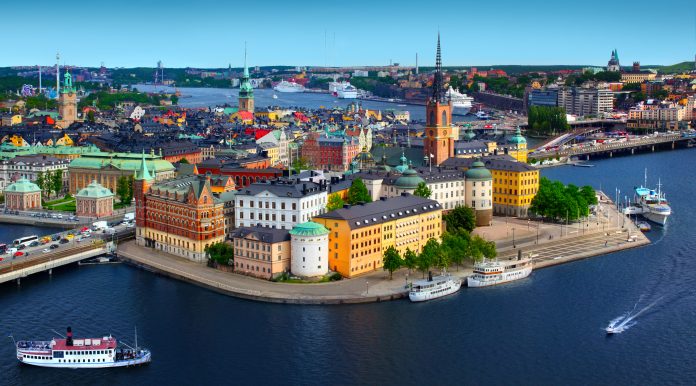The exciting future of digital development in Sweden is explored here, with a focus on the potential of artificial intelligence
According to the Government of Sweden, digital policy is about promoting and utilising the opportunities that digitalisation offers. Also, it incorporates regulation of electronic and digital communications, network and information security, for example, plus digital infrastructure and broadband access. This important area of public policy in Sweden also concerns e-government issues, such as using digital policy to ensure the activities of government agencies are more efficient and to simplify how the public makes contact with them, for example, using electronic signatures and open data.(1)
Anders Ygeman is currently Minister for Energy and Digital Development, within the Ministry of Infrastructure(2). On the subject of digital development, we read that in June 2019, Prime Minister Stefan Löfven met French President Emmanuel Macron in Paris, France, where the countries’ strategic partnership for innovation, digital transformation and green solutions was deepened and updated.
It is worth noting here that when the aforementioned gentlemen originally entered into this partnership back in November 2017, it was agreed that Sweden and France needed to work together in several strategic areas to better deal with digital transformation and climate adaptation. This partnership is going forward in the future, especially where sustainable development in artificial intelligence (AI), 5G and a fossil-free transport sector are concerned, as well as achieving inclusive climate-neutral cities by 2030.
“It is natural that we cooperate to benefit from digitalisation and speed up the green transition through investment in artificial intelligence and batteries, areas where Sweden and the largest EU Member States are at the forefront. They are central to a European industrial strategy,” Minister for Enterprise and Innovation Ibrahim Baylan comments.(3)
Picking up on the aforementioned theme of AI, you may like to know that the Swedish Government has identified an overall direction for such work in Sweden and to lay the foundation for future priorities, here. One highlight of this document is how AI can make a massive contribution to the economic growth of Sweden, amongst other areas.
“AI has the potential to contribute significant benefits in a variety of areas through increased economic growth, and solutions to environmental and social challenges. According to some studies, the use of AI has great potential to increase economic growth.
“Examples of the contributions that AI can make are already evident: AI can help to better identify diseases, lower energy consumption, reduce traffic accidents, create new services, streamline industrial production, develop new pharmaceutical products and shorten processing times.”(4)
I commend you to read more about this very exciting area of AI but let’s finish by looking at how in 2018, the Nordic and Baltic regions expanded their cooperation to keep their position as Europe’s leading region in the policy area of digital development. The then Minister for Housing and Digital Development, Peter Eriksson said: “Our region is currently the European leader on digital development. Today’s AI declaration means expanding the cooperation between our countries. Now Sweden is also taking on the responsibility of leading the Nordic-Baltic cooperation into the next stage, by moving the work forward and proposing necessary measures.”(5)
References
1 https://www.government.se/government-policy/digital-policy/
2 https://www.government.se/government-of-sweden/ministry-of-infrastructure/











